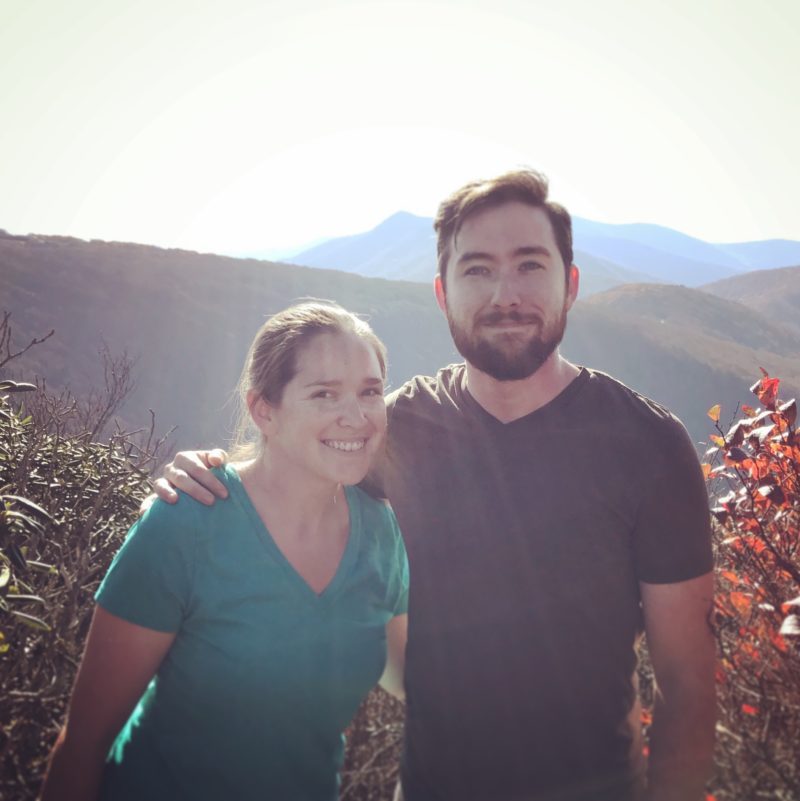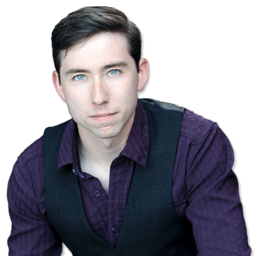
BIO{blurb}
Sean Michael began pursuing a career in theatre in 2005 when he moved to Staunton, VA, focusing largely on Shakespeare and early modern theatre. He discovered Barter Theatre as an acting apprentice in 2010. After returning for several technical theatre jobs, he was invited to join the Barter Players as an actor and then moved to the Encore Company in 2015. He has worked on and/or performed in 42 productions on Barter Theatre stages and tours, from new plays and contemporary comedies to modern musicals and Shakespeare’s tragedies. He’s grateful to be on the road again doing that which he loves.
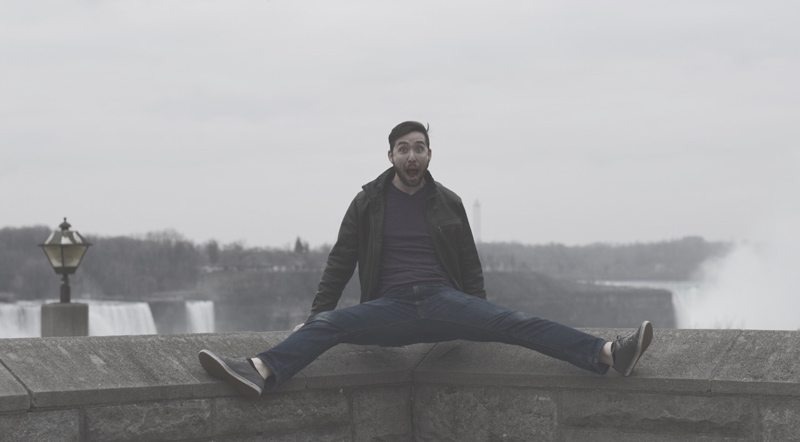
BIO{blurb}
Sean Michael began pursuing a career in theatre in 2005 when he moved to Staunton, VA, focusing largely on Shakespeare and early modern theatre. He discovered Barter Theatre as an acting apprentice in 2010. After returning for several technical theatre jobs, he was invited to join the Barter Players as an actor and then moved to the Encore Company in 2015. He has worked on and/or performed in 42 productions on Barter Theatre stages and tours, from new plays and contemporary comedies to modern musicals and Shakespeare’s tragedies. He’s grateful to be on the road again doing that which he loves.

An Unusual Path
When I was 17, I emancipated from my parents (with their blessing) and moved two hours away in order to finish high school in a city with more theatre. Staunton, VA, had several community theatres, two college theatre programs, one or two small professional companies and an Equity/LORT theatre.
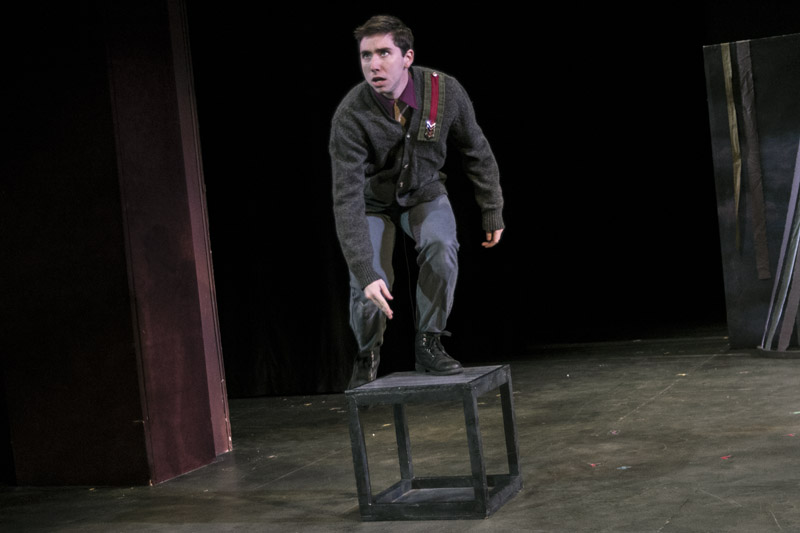
I was offered my first paid acting job halfway through my senior year of high school, but knew that it would conflict with my class schedule, so I presented the problem to my principal. “What should I do?” I asked. He looked down at his desk and pondered for a moment, then looked up and said, “I think you should leave.” With his blessing, I left early, took my GED and went straight into community college, which I balanced with as many as 12 productions a year in the various companies around town.
A Tuition-Free Treasure
The other actors in that first production out of school were mostly students in the local grad program, a dual M.litt/MFA in Shakespeare and Renaissance Literature in Performance, which was in partnership with the LORT theatre there in town–ASC’s Blackfriars Playhouse. Even though I didn’t yet have the degree necessary to join the program, the students and faculty graciously took me under their wing. They cast me in their productions, allowed me to audit some of their classes, and when they all went away for the summer, their library became my playground.
My Intro to Regional Theatre
In 2010, with that training in hand, I started my first contract at Barter Theatre, a resident repertory company like Blackfriars. This is where the real training began, because it’s where I learned that had no idea what I was doing; more to the point, I realized that the potential depth of learning in acting is truly bottomless, and I had barely broken ground.
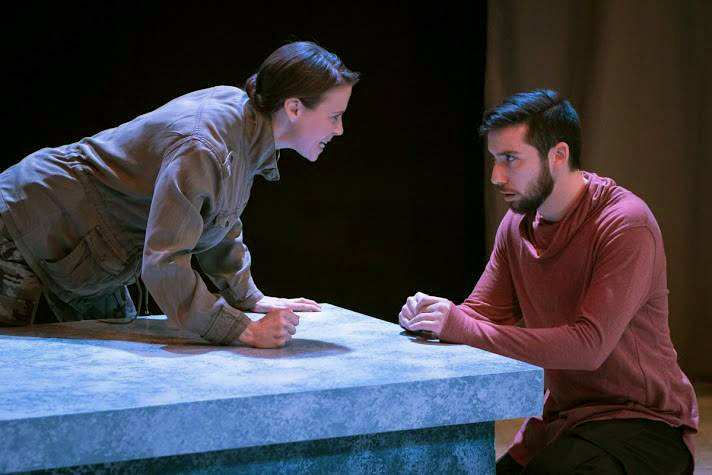
From there I decided my life in theatre would be a daily endeavor to learn, to seek truthful acting, and to be more available to the moment every day–both mentally and physically–than the day before.
Not long after that first contract in 2010, I was able to return to Barter and have–with much gratitude–taken part in more than 1,300 performances of over 42 productions with them. I am continuing to search every day for new ways to better serve the audience with my work and intend to continue that path.
Outside of Acting
I’ve always loved finding new mediums through which to communicate. Over the years, I’ve taught myself guitar, realistic pencil drawing, book binding, cooking songwriting and graphic design, and I’ve owned a web design business called Dramatis Design since 2012.
When I’m not indoors creating, I love being on a bike. Cycling became a major part of my free time in 2013 when I upgraded to a new Trek. Virginia has some great rail-to-trail options, if you’re ever in the area.
If you get a chance to explore art history and its relationship with societies and individuals, do it. Nothing can fill the well better than studying a civilization’s most-generated style of art and connecting it with the greatest needs of that civilization, from the Venus of Willendorf right up to Paris Street, Rainy Day. Really useful if you’ve ever questioned the greater purpose or influence of art.
